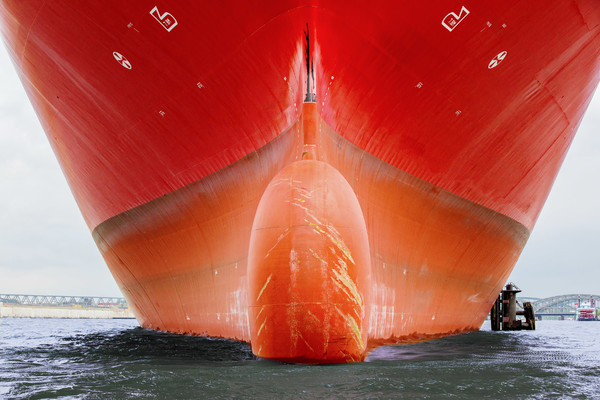Summary – When a shipowner fails to pay its creditors, the vessel is seized and is then frequently sold at a judicial sale. Problems arise when the new owner takes possession and then the vessel is seized again in another country for the debts and encumbrances of the prior owner, since the country of the port that the vessel is calling doesn’t recognise the sale or change of title of the country where it was recorded. This failure to recognise clean title internationally creates a number of legal and financial issues and needs to be addressed by an international instrument.
Such an instrument was drafted by the Comité Maritime International (CMI) and presented by Switzerland, and became the sole topic of a UNCITRAL Working Group held 13-17 May 2019 in New York. IUMI had representation at this session and read a statement expressing its views which support the development of an international instrument for cross-border recognition of the judicial sale of ships.
A subsequent Working Group was convened in Vienna in November 2019. This was an extremely productive meeting and a second revision of the Beijing Draft (the original document put forth) was produced. At the most recent Working Group in December 2020 (postponed from May), further progress was made on the draft, and it is the goal of the Working Group to finalise the draft in 2021. The final draft would then be submitted to the Commission (UNCITRAL) for approval and transmittal to the General Assembly for adoption in the second half of 2022. The goal of the Working Group is that the final instrument will take the form of a convention, which would be a binding international instrument that could guarantee the international effects of judicial sales and sufficiently protect potential purchasers and their counterparties.
A complete summary of the December 2020 Working Group can be found HERE.
The Legal & Liability Committee will continue to monitor this important initiative and provide updates.
